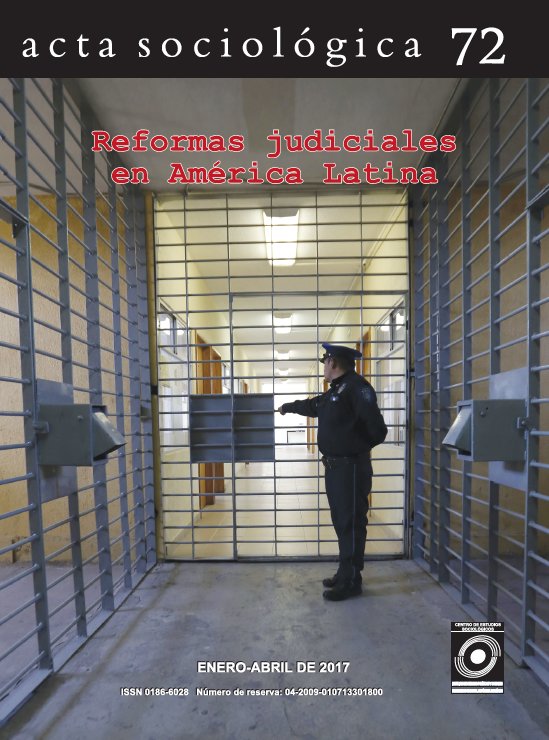Human rights and criminal enforcement in the new justice system of Mexico
Main Article Content
Abstract
In Mexico, the transition from the inquisitorial system to an oral accusatory system made possible the reconfiguration of the practices of political operators. Recently, during the implementation phase, a deep regulatory reform was carried out aiming to order it to the principles that rule criminal prosecution. While it is predictable that during the implementation phase the practices of political operators can be reconfigured, everything suggests that different practices will have to be overcome from change, originated in own schemes from the judicial culture of the civil servants that are going to apply the reform. The core element of the justice reform in 2008 is to have a system that claims to have more guarantees during the whole legal process and subsequently the supervision of punishment. In the inquisitorial system it was evident that the human rights of the involved people in the process were not priority. On June 16 2016, the Federation’s Official Journal published the National Criminal Enforcement Law. This law dictates all the legal norms that should safeguard the human rights of people that have been sentenced. In this article, the perceptions of political operators in the transition of justice systems are addressed, from interviews made to them in the Court of First Instance in Cuernavaca, Morelos, 2014. Just like the new system is kind to the accused party as well as to the victim, we inquire about the way the judicial culture of civil servants applying the reform on the execution could interfere in the protection of human rights of the persons deprived of liberty and their families.
